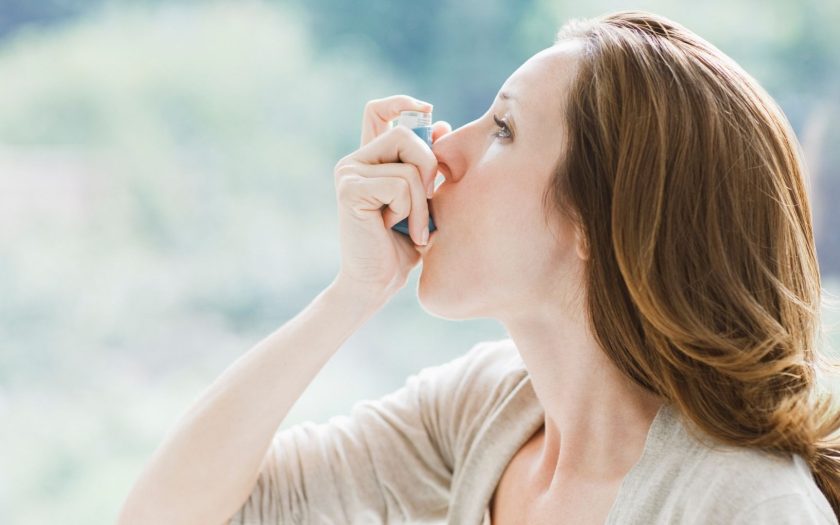Myth 1: Asthma is always associated with allergies.
It’s not quite like that; asthma can develop due to various pathological processes. Many people develop asthma symptoms after a viral illness, exposure to an occupational hazard, or taking aspirin. Thus, even if a person has never suffered from allergies, he still has a chance of developing asthma.
Various microorganisms are important factor in the development of the disease. They also act as dangerous allergens. Other factors in the development of pathology include genetic predisposition, hypothermia, and stress.
Myth 2: In a dry and warm climate, it is impossible to get asthma.
The development of this disease is not related to the climate in which a person lives. It is caused by a genetically mediated increase in the sensitivity of the bronchi to potential irritants. And dry air can also be a factor in exacerbating asthma, as well as excessively humid, as well as cold or hot air.
Myth 3: You cannot play sports if you have this disease.
Indeed, physical activity can trigger an attack in people with asthma, especially if the disease is poorly controlled. Moreover, there is a connection between weight gain and asthma, and exercise helps keep your weight normal. People with asthma have no restrictions on their choice of exercise, but some activities have a higher risk of attacks and some have a lower risk. If the patient takes effective, high-quality drugs, such as Aminophylline or Asthafen, there should be no problems.
For bronchial asthma, it is worth giving preference to those sports that help strengthen such muscles as the diaphragm and shoulder girdle muscles. However it is recommended to avoid overly intense exercise since breathing becomes more frequent during them, and the mucous membranes of the lower respiratory tract become dry and cool, provoking a bronchospasm.
Myth 4: Alternative medicine will help with asthma.
First, asthma cannot be cured, but its symptoms can be controlled and the patient achieves stable remission.
Second, there is no evidence to support the effectiveness of alternative medical approaches to treating asthma. For example, meta-analyses of studies have found no benefit from alternative medicine practices as an adjunct to standard therapy in either children or adults.
Myth 5: You can’t get vaccinated.
This is false. Vaccination can be done when the patient’s condition has stabilized. Moreover, people with bronchial asthma are at higher risk of pneumococcal infection. People with asthma also have a higher risk of serious complications from the flu, even if the illness is mild. Thus, vaccination is necessary, but only if a doctor recommends it.
After preventive vaccinations, you should strictly follow a healthy and hypoallergenic (if you have an allergy) diet. Otherwise, you can develop exacerbation of bronchial asthma and some other symptoms.
Myth 6: Sanatorium treatment is a must.
The benefits of rest for any disease cannot be underestimated. Healthy nutrition, rest, and walks in the fresh air have a positive effect on health. However, a sanatorium cannot be considered a mandatory kind of therapy, because this method of treatment is not suitable for all people.

